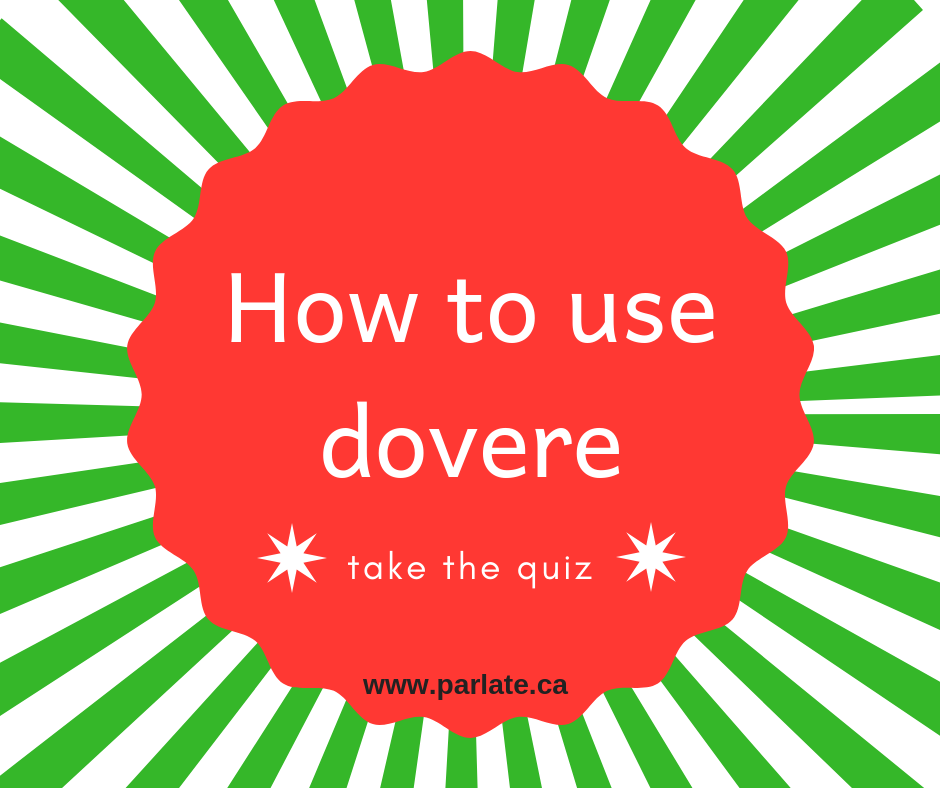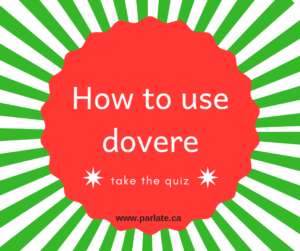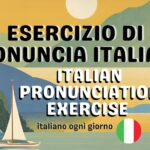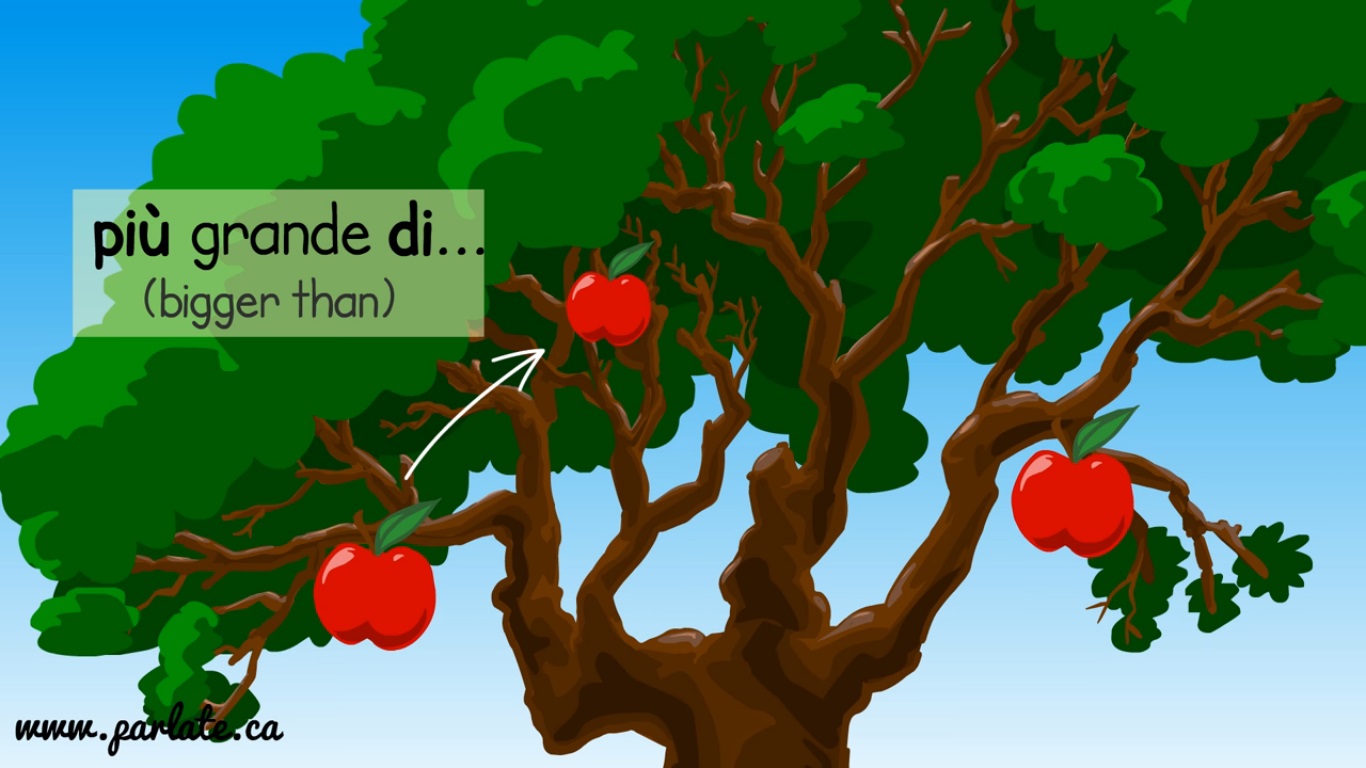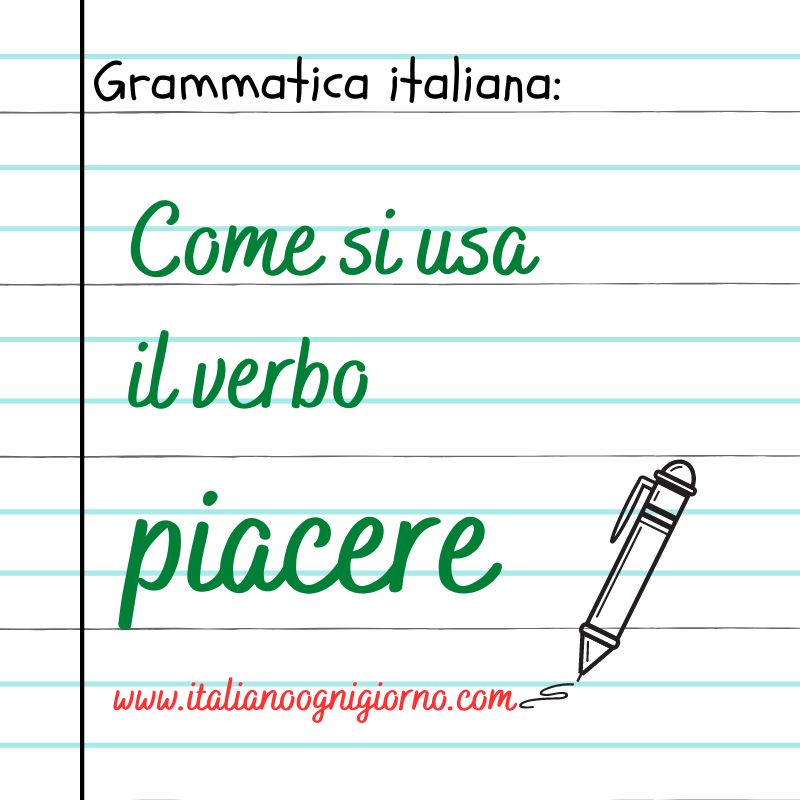La doppia negazione si usa quando non è seguito dal verbo + niente/ più/ mai
Esempi :
Non voglio più tornare in quel ristorante.
Non ho comprato niente in al negozio.
Non mangiamo più la pasta.
Non vengono mai a trovarvi?
The double negative is used when non is followed by the verb + niente/
più/ mai
Examples:
Non voglio più tornare in quel ristornate. / I don’t want to go back to that restaurant anymore.
Non ho comprato niente al negozio. / I didn’t buy anything at the store.
Non mangiamo più la pasta. /We don’t eat pasta anymore.
Non vengono mai a trovarvi? / Don’t they ever come to see you?
Se sono messi dopo il verbo, anche gli avverbi NEANCHE, NEMMENO, NEPPURE, hanno bisogno della negazione NON. Se invece sono posti prima del verbo la doppia negazione non si usa.
Esempi:
Nemmeno Maria è venuta al cinema = Non è venuta al cinema nemmeno Maria.
Neppure ieri ho lavorato = Non ho lavorato neppure ieri.
Neppure i nostri amici sono stati in Italia = Non sono stati in Italia neppure i nostri amici
Neanche lei verrà con noi = Non verrà con noi neanche lei.
Neanche la libreria vendeva quel libro = La libreria non vendeva neanche quel libro.
If they are placed after the verb, the adverbs NEANCHE, NEMMENO, NEPPURE, also require NOT. If instead they are placed before the verb the double negation is not used.
Examples:
Nemmeno Maria è venuta al cinema = Non è venuta al cinema nemmeno Maria. / Not even Maria came to the cinema.
Neppure ieri ho lavorato = Non ho lavorato neppure ieri. / I didn’t work yesterday either.
Neppure i nostri amici sono stati in Italia = Non sono stati in Italia neppure i nostri amici. / Not even our friends have been to Italy.
Neanche lei verrà con noi = Non verrà con noi neanche lei. / Not even she will come with us.
Neanche la libreria vendeva quel libro = La libreria non vendeva neanche quel libro. / Not even the bookstore sold that book.
Nell’italiano parlato l’avverbio di negazione “non” può essere sostituito o rafforzato dall’avverbio MICA, nel significato di “per nulla, affatto”. Usato in funzione rafforzativa, “mica” va sempre dopo il verbo.
Esempi:
Questo è riso biologico, mica di bassa qualità.
Non ho mica letto il tuo messaggio!
In spoken Italian the adverb of negation “not/non” can be replaced or strengthened by the adverb MICA, meaning “not at all/not even”. Used as a strengthening function, “mica” is always placed after the verb. In English it may sound redundant.
Examples:
Questo è riso biologico, mica di bassa qualità. /This is organic rice, not at all of low quality.
Non ho mica letto il tuo messaggio! I have not at all read your message!
Per esercitarti, prova a fare delle frasi nei commenti e fai il quiz. / To practice try making some sentences in the comments and do the quiz.
How to use the double negative and mica
Inizia il quiz!
Alla prossima!
Mirella


